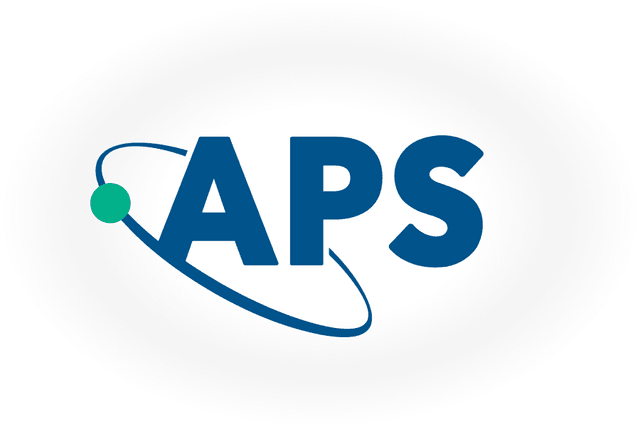Human Subjects Research
Physicists occasionally perform research involving human subjects. Examples of such research include educational studies, biophysics investigations, and surveys.
Federally funded institutions are required to have appropriate procedures in place to ensure that the health and privacy of human subjects are protected. Institutions generally have one or more committees set up to review proposals for research involving human subjects. Certain types of minimal-risk research may be exempt from oversight, including some forms of education-related research. However, the investigator is not allowed to make the determination of exempt status on his or her own; the institution’s human subjects review board makes that decision. The regulations governing human subjects research are lengthy and complex. Fortunately, another requirement of federally funded institutions is that they make human subjects research training available. Taking advantage of these training resources is likely to be a more efficient way of finding out the information most relevant to you.
Detailed information may be obtained from the Office for Human Research Protections in the U. S. Department of Health and Human Services (www.hhs.gov/ohrp).


